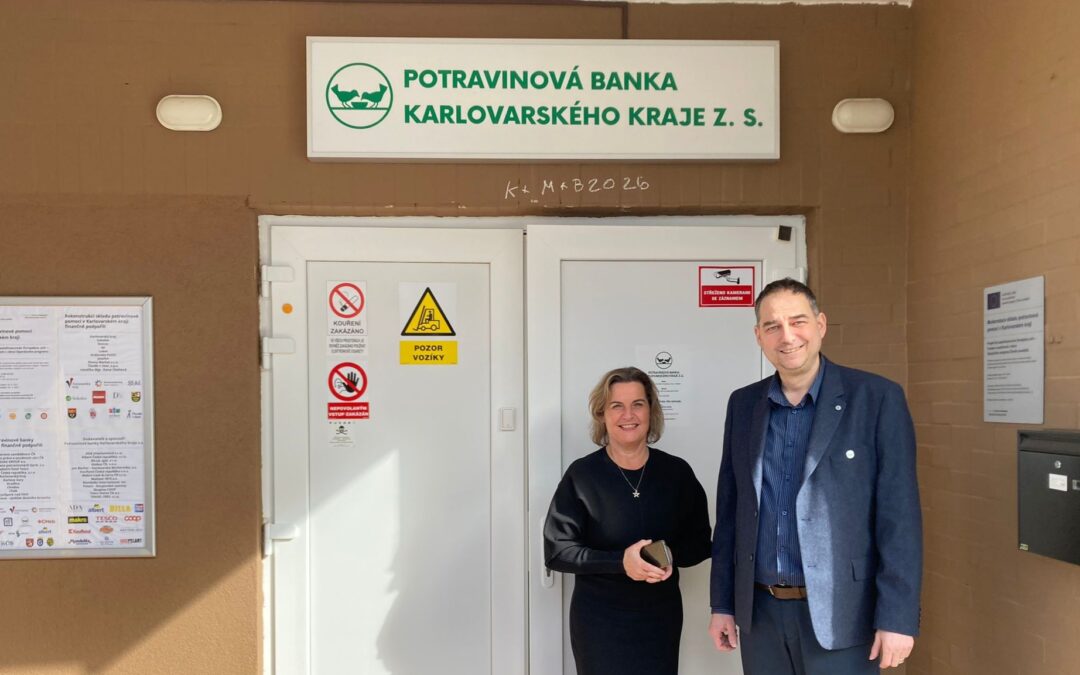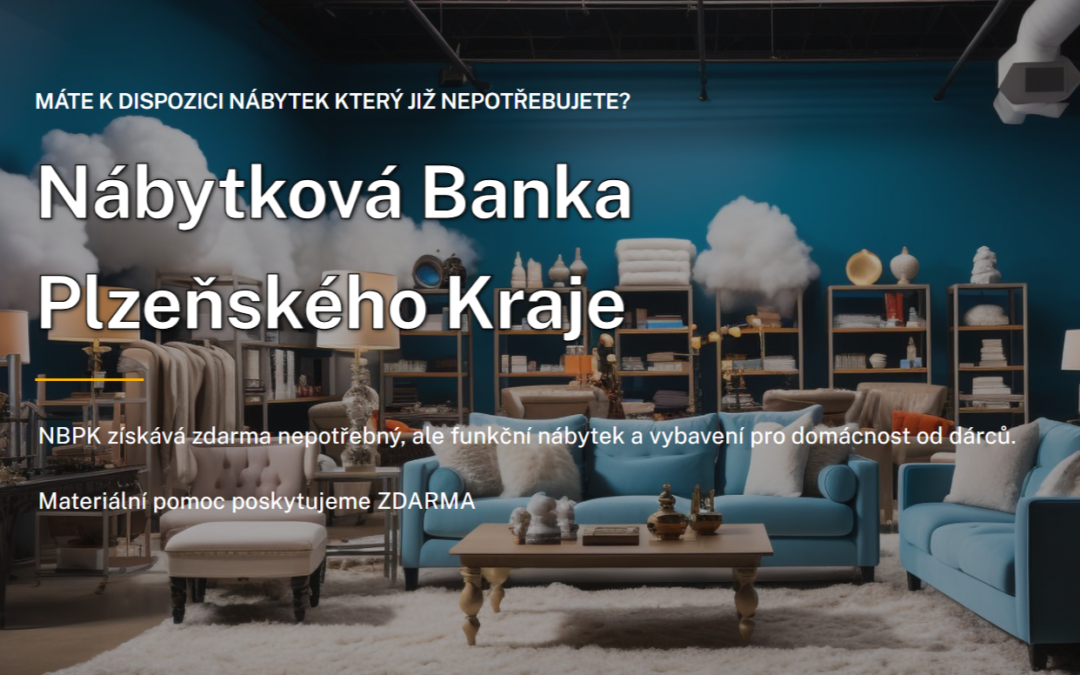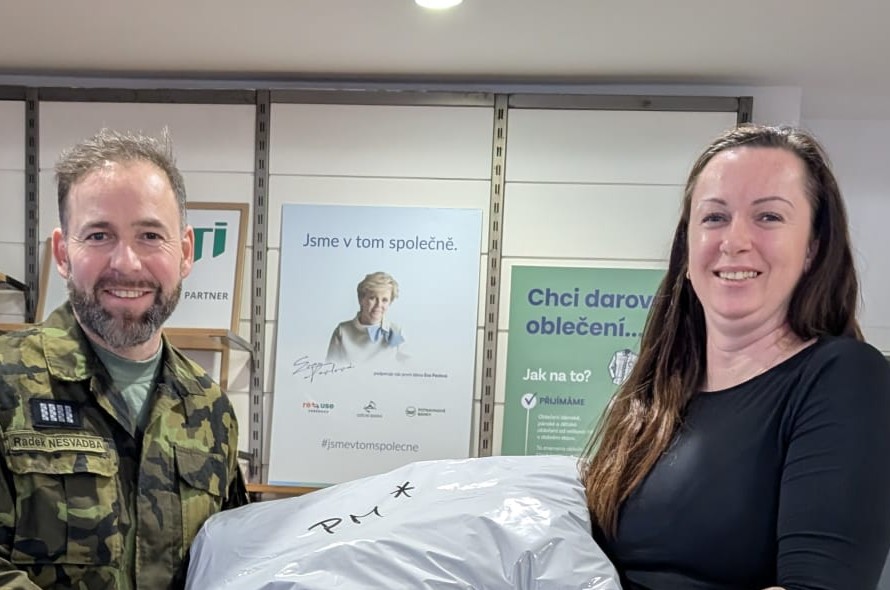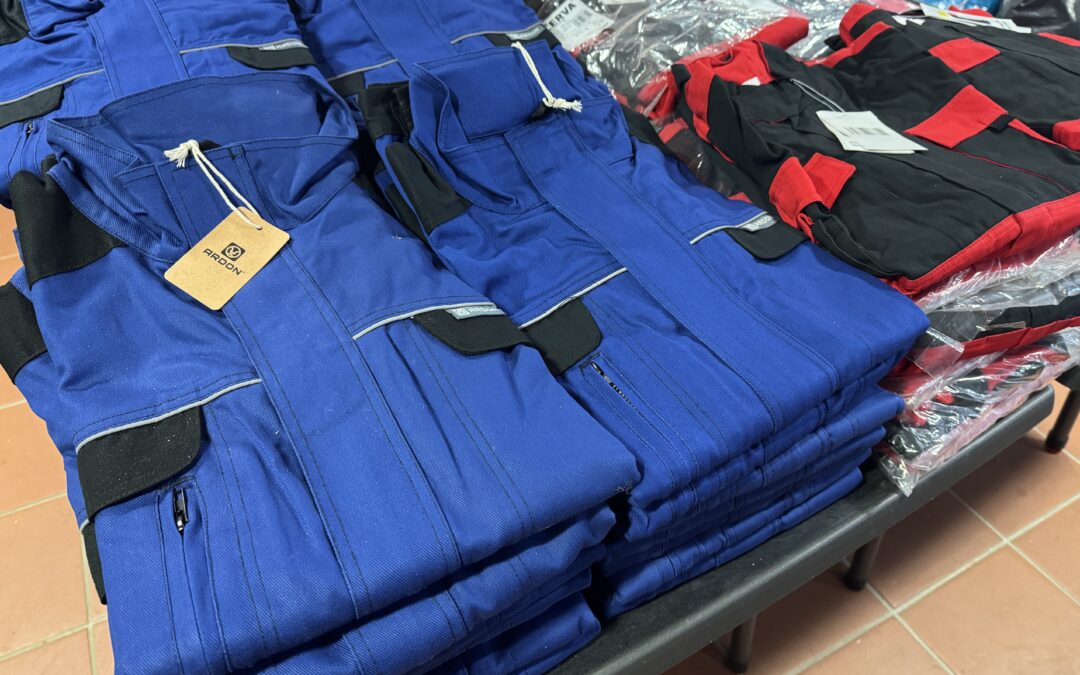PRESS RELEASE
Residents of the South Moravian Region give clothing a second chance more often than Prague residents. They donate it to charity, for example.
Brno, November 20, 2025 – Residents of the South Moravian Region are increasingly combining purchases of new and used clothing and thinking about how to dispose of clothing responsibly after it has been discarded. This is according to a new survey by Ipsos for the Obleč Brno project, which examined the habits of the region’s residents when shopping for, sorting, and donating clothing. The survey follows up on a similar survey conducted this spring in the capital as part of the Obleč Prahu project.
According to the latest Ipsos survey for the Obleč Brno project, more than half of the population of the South Moravian Region buys and donates clothing in a sustainable manner. South Moravians have strong social motivation—they want their clothing to help people in need and not end up in the trash.
The data shows that 59% of residents of the South Moravian Region combine purchases of new and second-hand clothing, while in Prague the figure was 51%. Only 38% of South Moravians buy new clothing, compared to 46% of Prague residents. Second-hand clothing has therefore become more common in Brno and the surrounding area than in the capital.
Sixty-seven percent of South Moravians renew their wardrobe at least once a year, compared to 62% in Prague. The most common reasons for discarding clothes are wear and tear (35%) and unsuitable size (23%). While Prague residents more often cited “low usability” or “unsuitable size,” South Moravians, on the other hand, focus more on practical and ethical reasons.
People in southern Moravia think about others when sorting clothes – 81% of respondents said that it was important to them that clothes “serve people in need.” In Prague, this figure was 84%.
At the same time, 74% of the region’s residents say they want their clothes to be disposed of or recycled in an environmentally friendly way. The possibility of financial gain (e.g., sale or exchange) motivates only 35% of South Moravians.
Dana Pavlousková, director of the Clothing Bank, adds: “Whatever the preference of Brno residents for disposing of unwanted clothing, they will find all available options on the www.oblecbrno.cz portal, such as textile collection containers, charity shops run by non-profit organizations, one-off events such as SWAP, community workshops, professional repair shops, and, last but not least, a map of collection yards, including opening hours and operator contact details.“
The survey also showed that people most often place sorted clothing in textile collection containers (63%), donate it to friends, relatives (28%) or non-profit organizations (16%), or try to resell it (19%). Last but not least, 13% of respondents said they throw it away in mixed waste. The Obleč Brno project and the willingness of Brno residents to donate their clothes to charity is welcomed by Jana Levová, director of the Brno Regional Charity, who adds: “With winter approaching and temperatures dropping, donated clothing is very important for our clients. What is no longer fashionable for some can protect others from freezing.”
Filip Chvátal, Deputy Mayor of Brno for the Environment, says: “The Obleč Brno project aims not only to draw attention to the fact that textiles make up a significant part of municipal waste, but above all to show how the people of Brno can get involved themselves. As part of an information and education campaign, we will remind people that clothing does not belong in mixed waste and that the first choice should be non-profit organizations that can return clothing to circulation with the highest added value—whether in the form of helping people in need or repairing and reusing it. The aim of the campaign is to strengthen the principle of Brno for Brno – that is, supporting a responsible approach to the local environment and community.”
When asked what would make sorting easier for people, a third of South Moravians said they needed better access to collection points, and 30% would welcome more information about sorting options. Both regions agree that the most effective forms of awareness-raising are social networks (34%) and websites (30%), while printed materials appeal to a minority.
“I am pleased that the city of Brno is involved in an activity that will allow things that would otherwise end up in the trash to be reused. Sorted clothing can help people in need and will be used by charities and similar organizations. I would also like to mention the municipal social clothing store on Křenová Street, which is run by colleagues from the Social Care Department. Here, too, donated clothing finds new use, namely among clients who visit the center on Křenová Street,” added Markéta Vaňková, Mayor of Brno.
Miroslav Kubásek from the Ukliďme Czechia association adds: “For many years, the kamsnim.cz app has been helping people easily find out where to put things they no longer need or want to get rid of. Now we have linked it to the Obleč Brno project so that people can see directly on the website where they can donate clothing or textiles. And if you want to go further, our app provides an overview of places for everything else that no longer has a place in your home.”
———————-
Data collection was carried out using the Ipsos Instant Research application for the Clothing Bank in October 2025 on a representative sample of 800 residents of the South Moravian Region. The aim was to map public attitudes towards purchasing, sorting, and donating clothing. The survey follows on from the spring survey conducted as part of the Obleč Prahu (Dress Prague) project, which was carried out by the STEM analytical institute on a sample of 1,000 residents of the capital.
Translated with DeepL.com (free version)
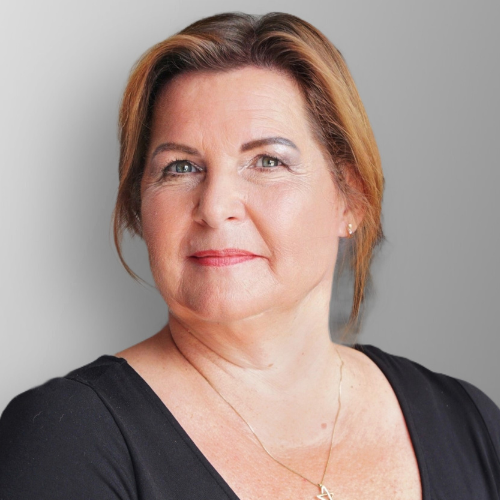
Dana Pavlousková
Director
We give clothing a new life, helping those in need.

